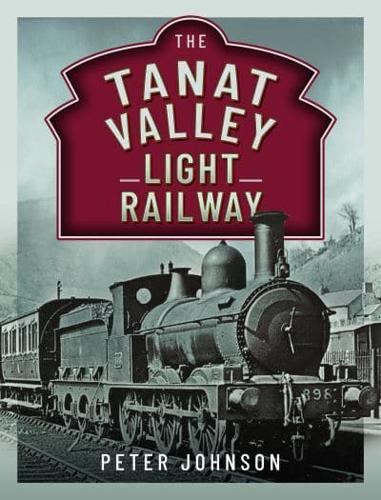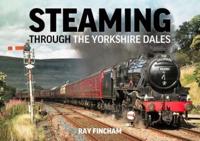Publisher's Synopsis
Situated in the Welsh borderland to the West of Oswestry, the scenic Tanat Valley reached westwards into Wales, its Llangynog terminus nestling where the road starts the climb over the Berwyn mountain range towards Bala. It was a lightly populated area that sustained agriculture and some mineral extraction whose residents struggled to get their produce to market. During the 19th Century there were several schemes for a railway that failed due their inability to raise sufficient capital. The Tanat Valley Light Railway is, therefore, a true child of the 1896 Light Railways Act, promoted by the Oswestry Urban District Council the following year to take advantage of the grant-making facilities of that legislation. Because it took so long to obtain powers, and it was not opened until 1906, the Light Railway never really fulfilled its potential. Operated initially by the Cambrian Railways, it was not heavily worked, although it benefited from pipe traffic generated by renewals of Liverpool Corporation's Vyrnwy reservoir pipeline. Although closure came in stages during the 1950s, and was deemed to be complete in 1960, a short section of track remains in situ at Porthywaen. Author Peter Johnson has drawn on the material available at the National Archives at Kew and the Parliamentary Archives in the House of Lords as well as conducting extensive research in digitised newspapers to tell the Light Railway's story, producing the first in-depth account of its development, operation and closure. Peter Johnson is also the author of The Shropshire & Montgomeryshire Light Railway - the rise and fall of a rural byway, published by Pen & Sword Transport in 2024\. The two railways were connected at Blodwel Junction and the surviving section of the Tanat Valley Light Railway thence to Porthywaen enabled stone traffic on the Shropshire & Montgomeryshire's Nantmawr branch to continue until 1971.








